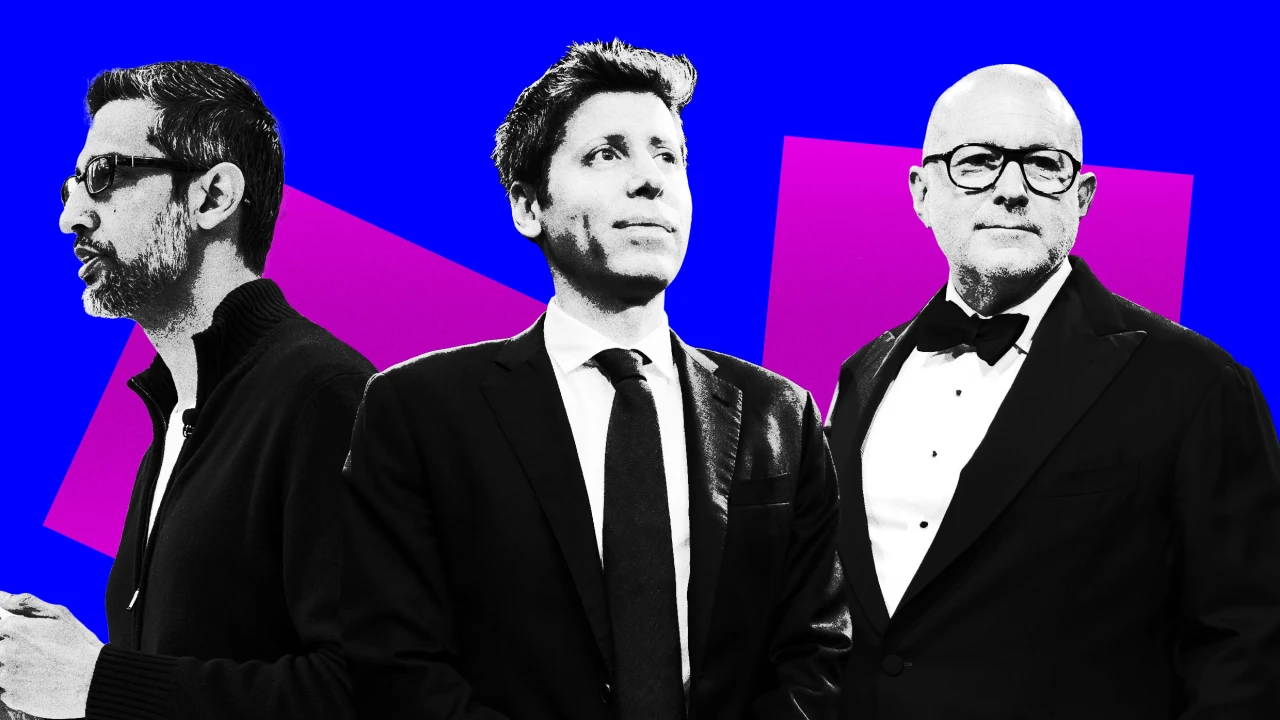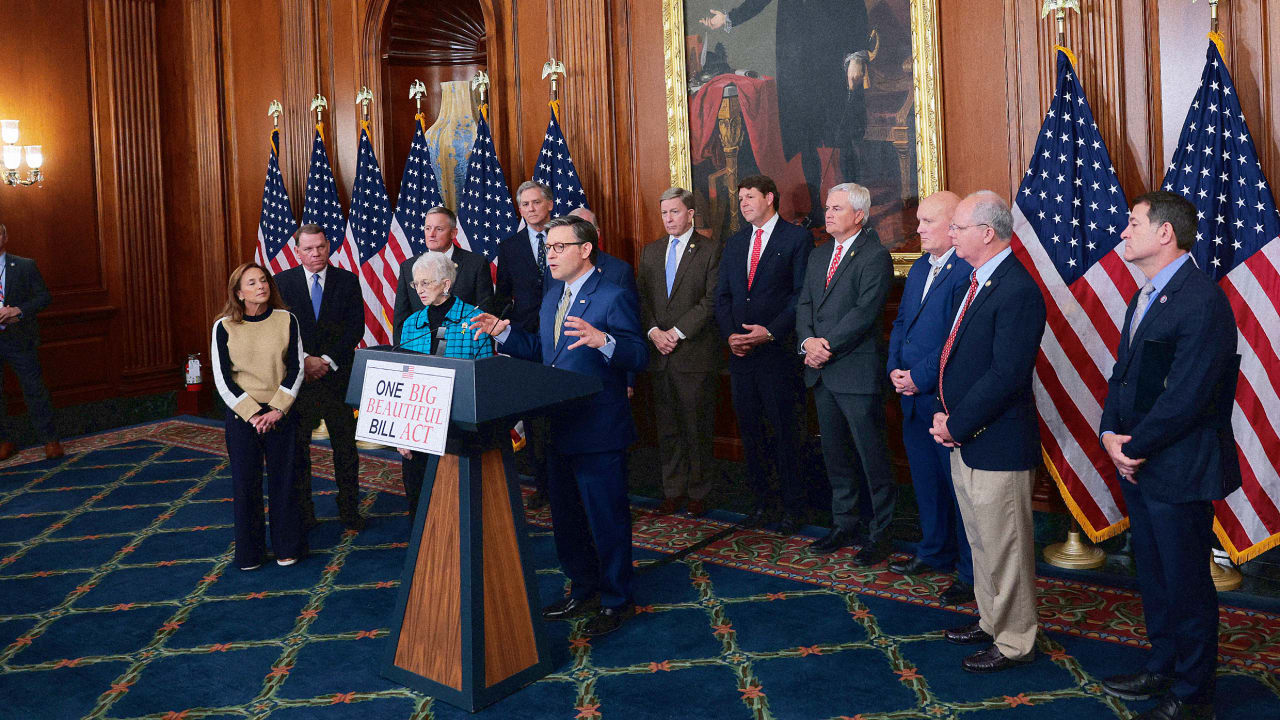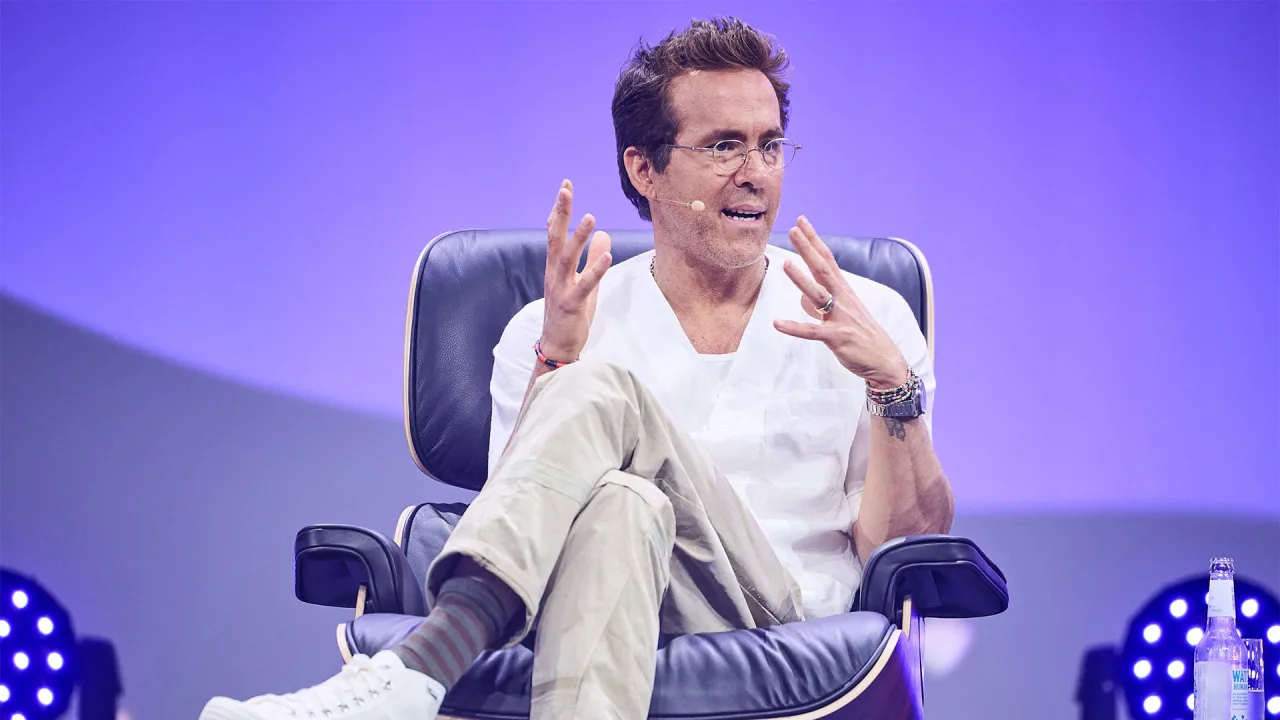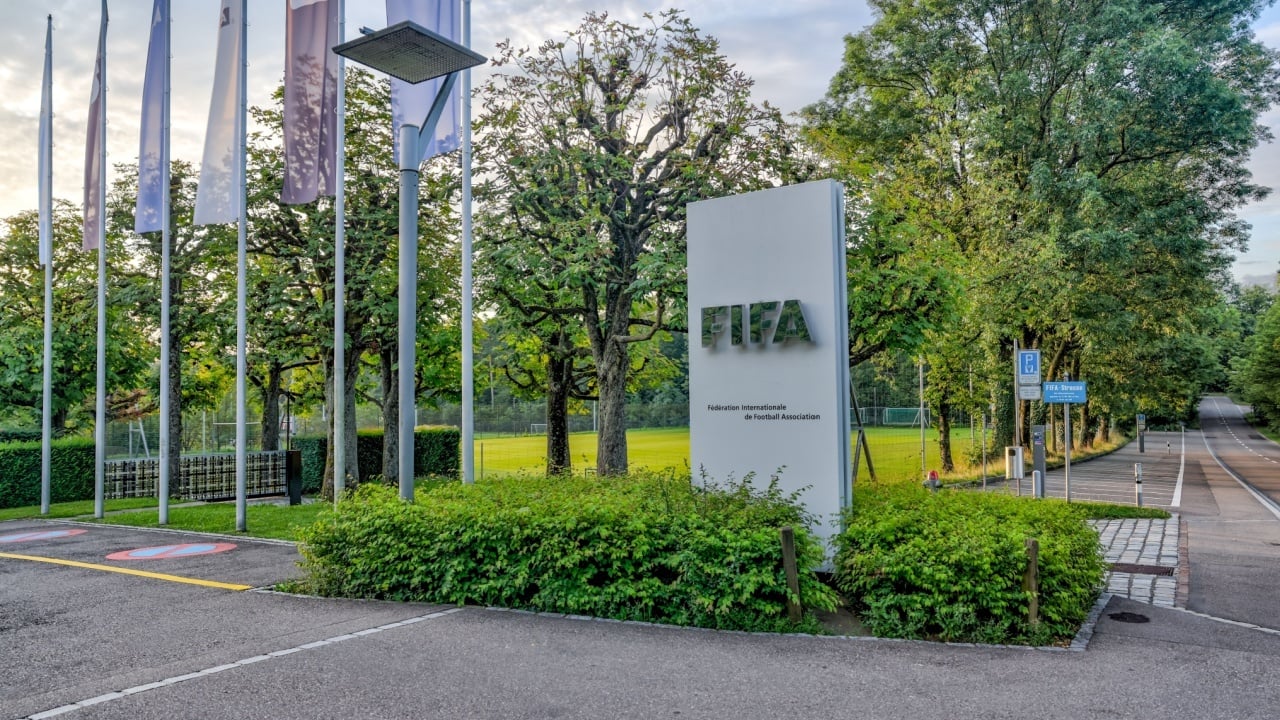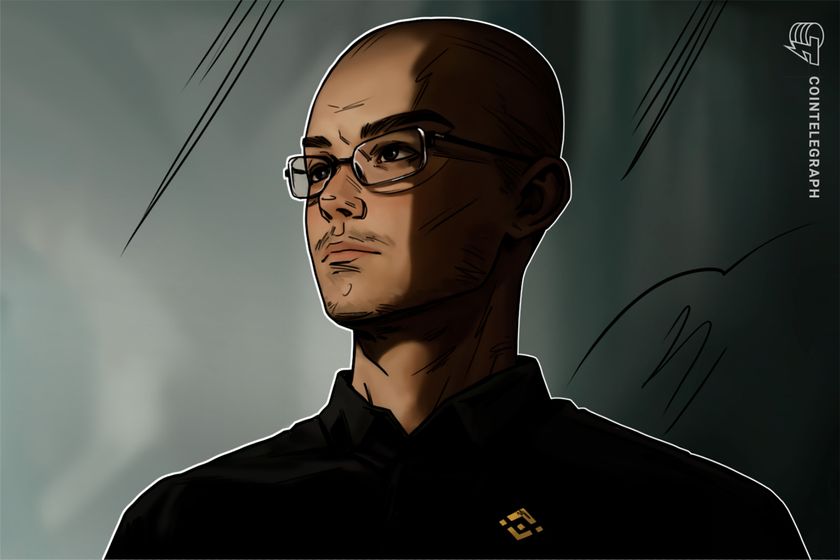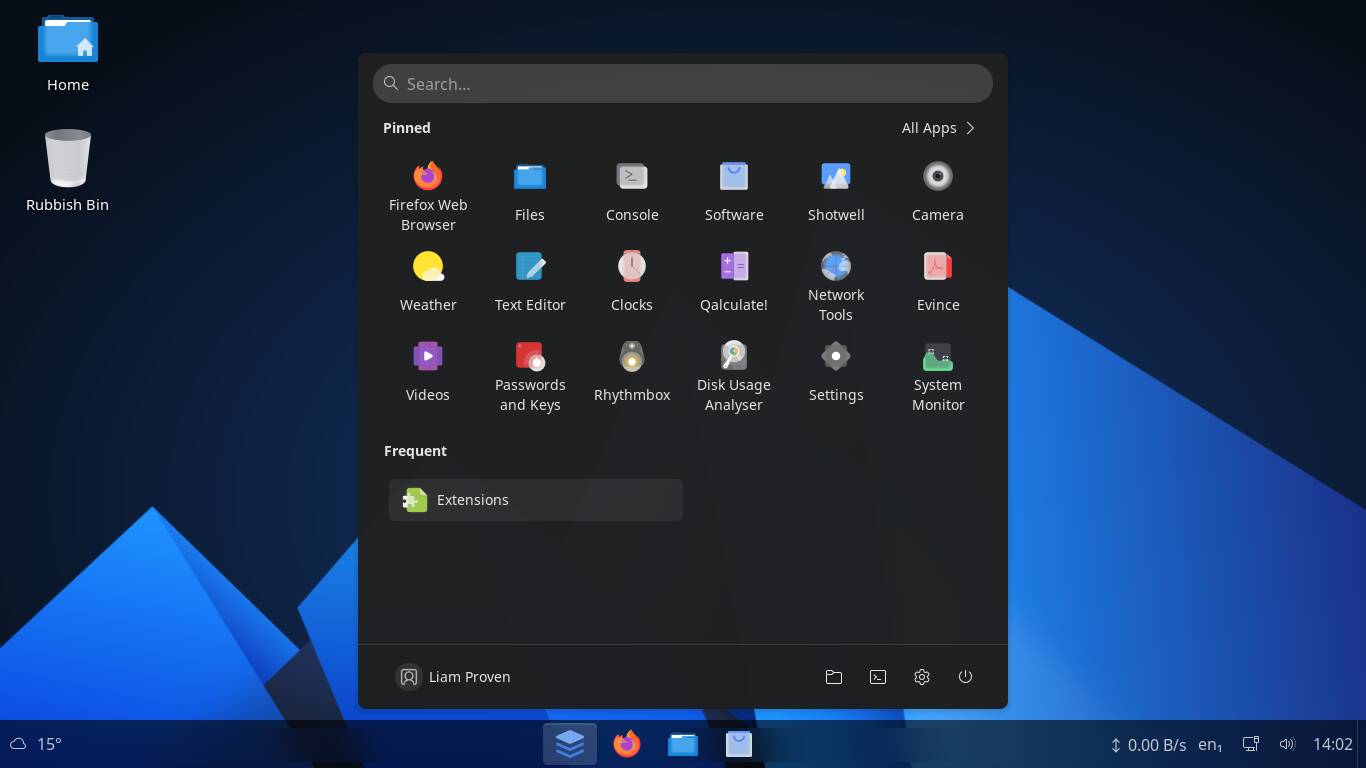Accelerated by NVIDIA Inception Program Meetup: Experts decode the mindset, models, and moves that will define India’s AI leadership
At a recent gathering of founders, investors, and AI innovators, the NVIDIA Inception Program meetup in Bengaluru showcased how India is rapidly moving from being a back office of the world to a global AI powerhouse. And this leap depends not just on talent and data, but on platforms that accelerat


“NVIDIA is not just a hardware company. In fact, our software investments are even deeper, enabling us to provide domain-specific libraries that dramatically accelerate computing in specific fields,” said Unnikrishnan A R, Head of Developer Relations - South Asia, NVIDIA.
For instance, if someone is working in physics or chemistry, NVIDIA has built libraries that can boost code execution by 50x to 200x. “That’s not an incremental improvement; it’s transformative,” he said.
Unnikrishnan was delivering a keynote address on how NVIDIA helps startups accelerate technical innovation and business growth at every stage at the NVIDIA Inception program, held earlier this month in Bengaluru. The gathering brought together AI startups, founders, venture capitalists, and Inception members to innovate, scale potential, and network with industry leaders.
He explained that at the heart of NVIDIA lies a radically different compute paradigm: thousands of GPU cores working in parallel to solve problems traditional CPUs can’t handle efficiently.
“Over the past 25 years, we have accelerated work across industries by focusing on digitally simulating real-world processes, enabling scale and speed through parallelism, and building deep software stacks tailored to those domains,” said Unnikrishnan, describing the foundation of their work.
Inside the accelerated computing platform
Megh Makwana, Solution Architect & Engineering Manager – Applied Generation AI at NVIDIA, took the audience deeper into the technical heart of generative and agentic AI. He outlined how startups can build “AI factories” by focusing on data curation, domain-specific model customization, and optimized inference and deployment.
“Agentic AI isn’t just about chat. It’s about autonomous action. We’re not just building smarter models. We’re building systems that can act, learn, and deliver outcomes with minimal oversight,” he said. From reducing GPU usage by 4x to running microservices for autonomous AI tasks, Makwana laid out the playbook for scalable, enterprise-ready AI.
While the first wave of AI gave us text generation, the next wave is about action. “We’re at a turning point. Agentic AI isn’t just the future; it’s the interface layer between human goals and enterprise systems. And with the right data, tools, and frameworks, that future is not just possible but also production-ready,” Makwana said.
Accelerating India’s AI ascent
The highlight of the day was a panel discussion moderated by Arundhati Banerjee, Senior Inception Partner, NVIDIA South Asia. The panelists featured were Shripati Acharya, Founder and Managing Partner, Prime Venture Partners; Siddhartha Ahluwalia, Managing Partner, Neon Fund; Gaurav Parchani, Co-founder and CTO, Dozee; and Aditya Agrawal, Co-founder, Frinks AI.
Aditya described how India is poised to become a net producer of AI, not just a consumer; “from being the back office of the world to the front office of the future.” Frinks.AI, born out of IIT Hyderabad, is now automating over 100 production lines across industries such as automobiles, consumer goods, and medical devices.
“We help manufacturers reduce costs by over 60%, improve quality, and boost throughput,” he said.
Siddhartha of Neon Fund called out the real traction in AI: deep, domain-specific platforms, especially in legacy sectors like pharma, manufacturing, and construction. His advice? “Don’t build a tool. Build a platform.”
“Going deep into a vertical allows startups to build specialized small language models rather than relying on costly, complex general-purpose LLMs,” he added, sharing that companies are willing to pay up to half a million dollars for an end-to-end solution if it’s tightly integrated and solves a real pain point.
Gaurav of Dozee spoke of saving over 40,000 lives with AI-powered healthcare monitoring but warned of India’s Achilles’ heel: unstructured data. “We have diversity. We have the urgency. But unless we invest in data infrastructure, sharing frameworks, and policy alignment, it’s a missed opportunity as this goldmine of data will remain untapped,” he said.
Prime VP’s Shripati emphasized that truly differentiated startups are the ones that understand the stack from the bottom-up. “While we’re seeing a lot of AI applications, what we’re missing is real innovation in the infrastructure and foundational layers,” he said. “To build bold startups, you don’t just need to build faster but also understand deeper. And that’s what will differentiate the next wave of Indian AI companies.”
What it takes to build world-class AI
Advising startups that are aiming to build AI companies from India, Shripati said, “I usually run a simple thought experiment: What happens to your solution when the underlying foundational model becomes 10x better?” Productivity gains are good, but solutions that drive measurable business outcomes are more valuable and easier to sell.
“Early traction can be misleading,” he warns, asking founders to distinguish between surface-level usage (demo revenue) and integration into core workflows. “Be your own devil’s advocate.”
Speaking on AI skills and talent transformation, Gaurav said, “Thousands apply for roles, but few have the right blend of technical and domain skills. The ability to learn domain nuances is just as critical as core AI skills.”
From an institutional perspective, traditional ML curricula are becoming fast outdated. “We need course content that keeps pace with industry needs, and skills must reflect that,” he said, calling for a strong industry-academia collaboration.
“If we want to build world-class AI companies out of India, the biggest change we need is a shift in mindset – from incremental thinking to foundational innovation,” said Aditya, while floating a vision for the ecosystem at large. “Founders must tackle big, long-term challenges; not just trend-driven ideas. VCs should support deep-tech AI startups early, even if monetization is delayed. The academia and government must enable R&D, translational research, and policies that promote innovation.”
For Siddhartha Ahluwalia, it’s incentivizing foundational innovation over incremental upgrades. “To build a truly world-class AI ecosystem from India, VCs need to lead with first-principles thinking. That means backing companies that aren’t just chasing trends, but are questioning legacy systems and reimagining the future. India needs more of that kind of capital; capital that’s willing to take bold, AI-native bets,” he said.
Building the AI wave, together
If India wants to leapfrog into the top tier of AI nations, the panelists concurred that it must take bold, decisive bets starting with pushing AI deep into core sectors like healthcare, education, and governance.
When it comes to data sovereignty, India holds one of the world’s most valuable assets: diverse, large-scale datasets. But access alone isn’t enough. “We must enable responsible collaboration, creating systems where enterprises with proprietary data can safely open doors for third-party innovation and shared value creation,” they agreed.
Too often, startups and legacy industries operate in silos. The panelists were of the opinion that this gap must be bridged with open platforms, stronger public-private partnerships, and active dialogue between startups, corporates, and government stakeholders.
A collaborative and continuous journey
This strategic initiative, steered by Kavita Aroor, Head Developer and Startup Marketing - South Asia, and powered by YourStory, showcased how NVIDIA’s platform and ecosystem are accelerating computing and strategic partnerships that help scale innovation from prototype to production. Learn more about the NVIDIA Inception program and stay tuned for more meetups coming soon.

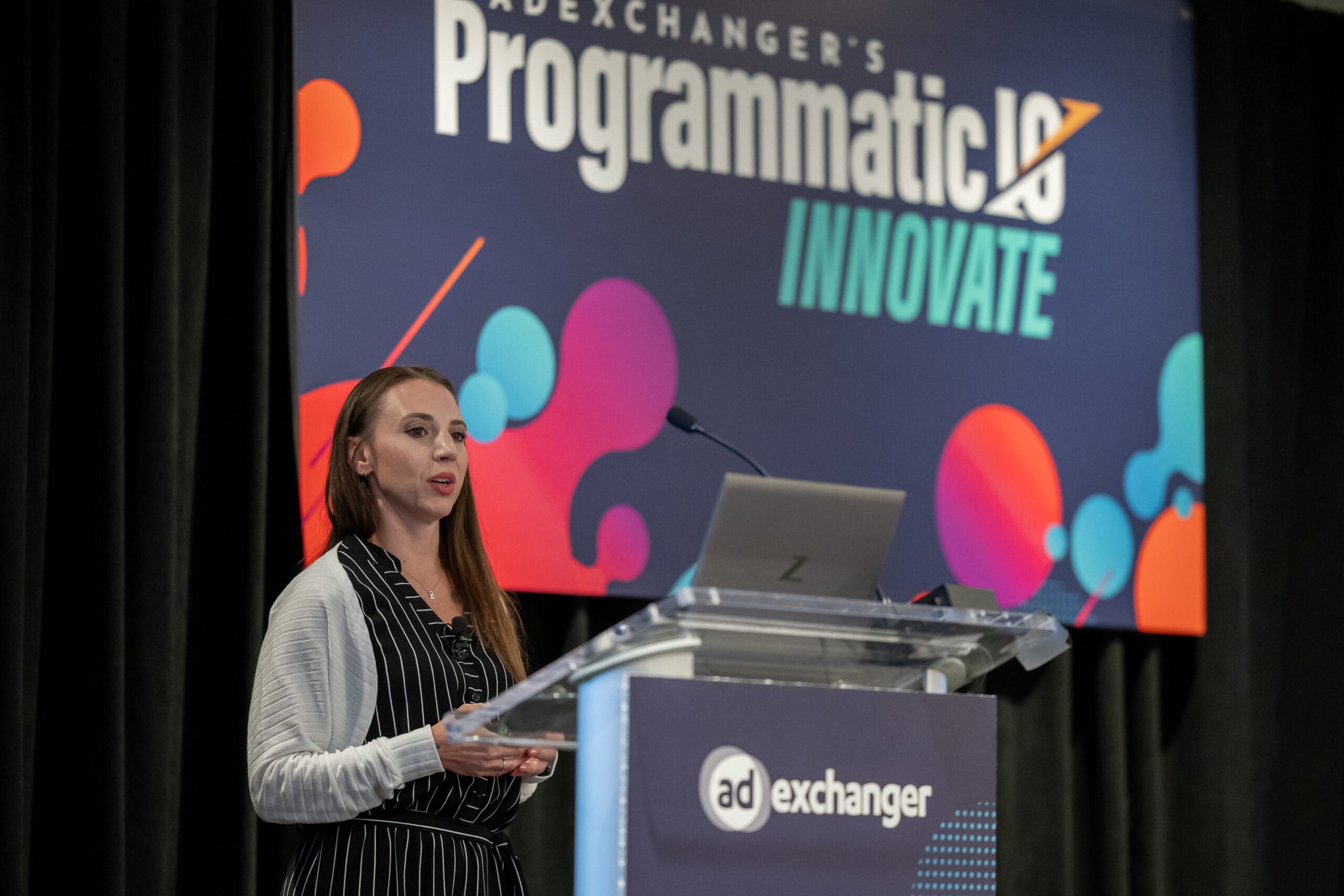


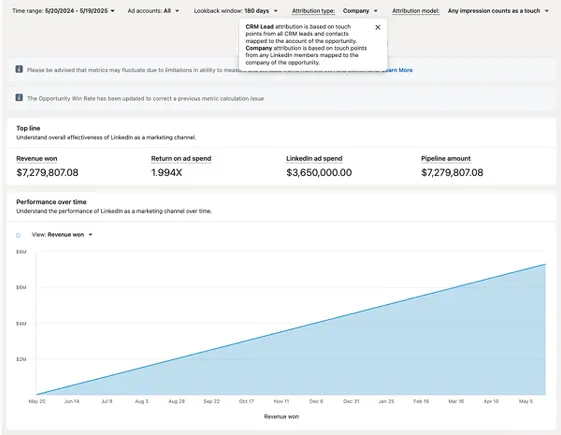








.png)













































